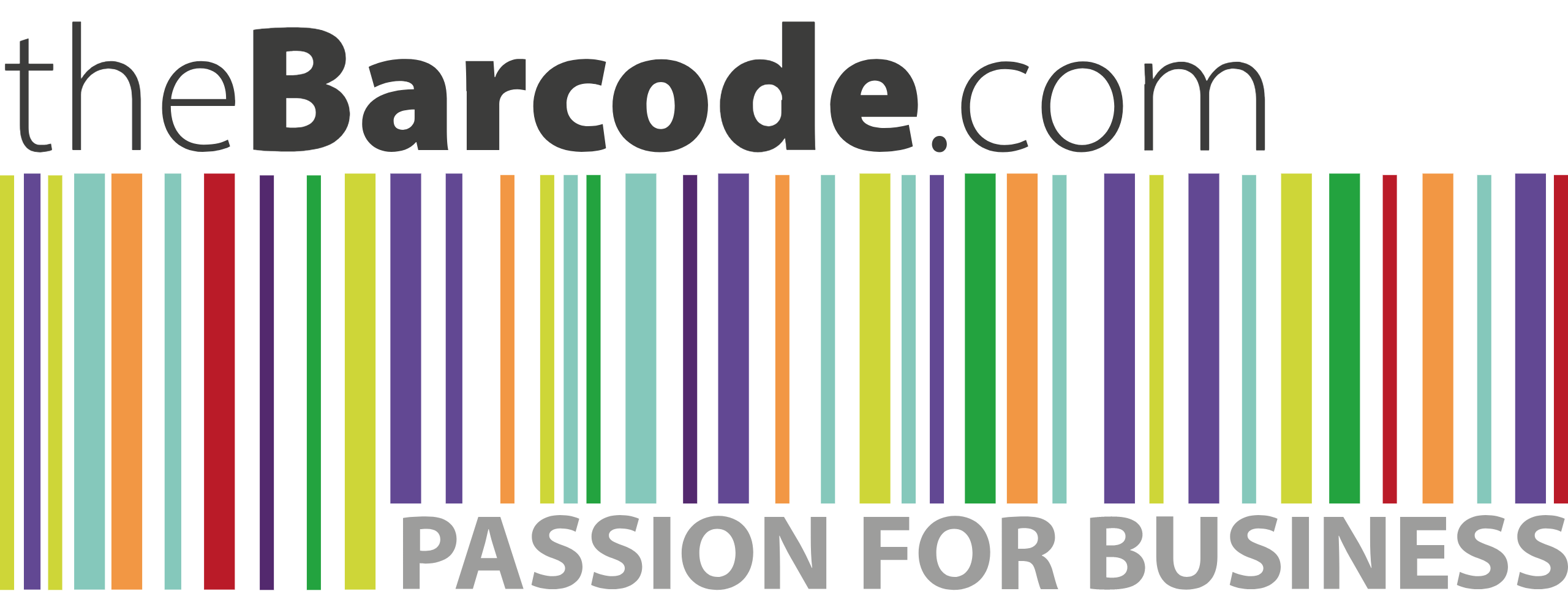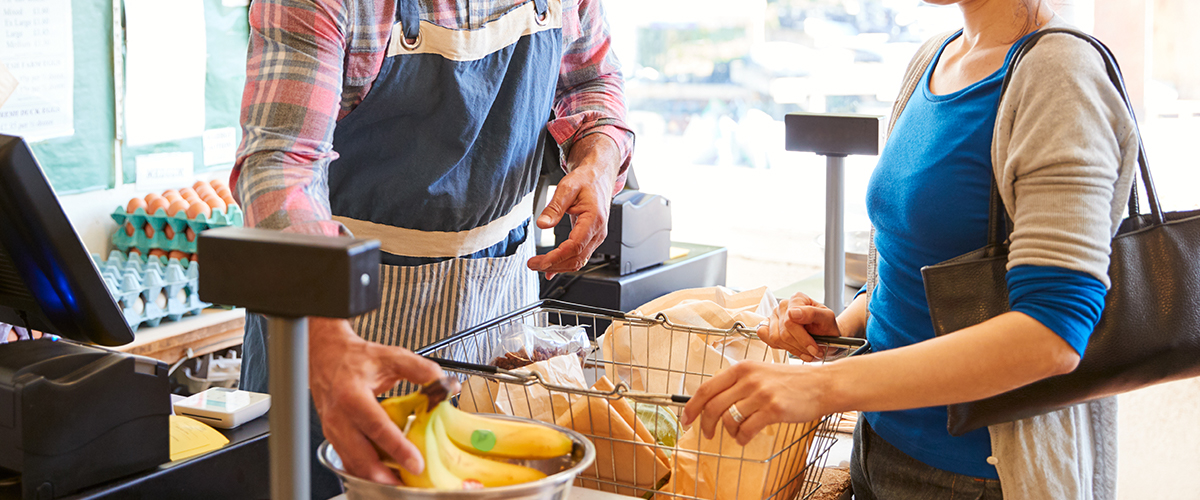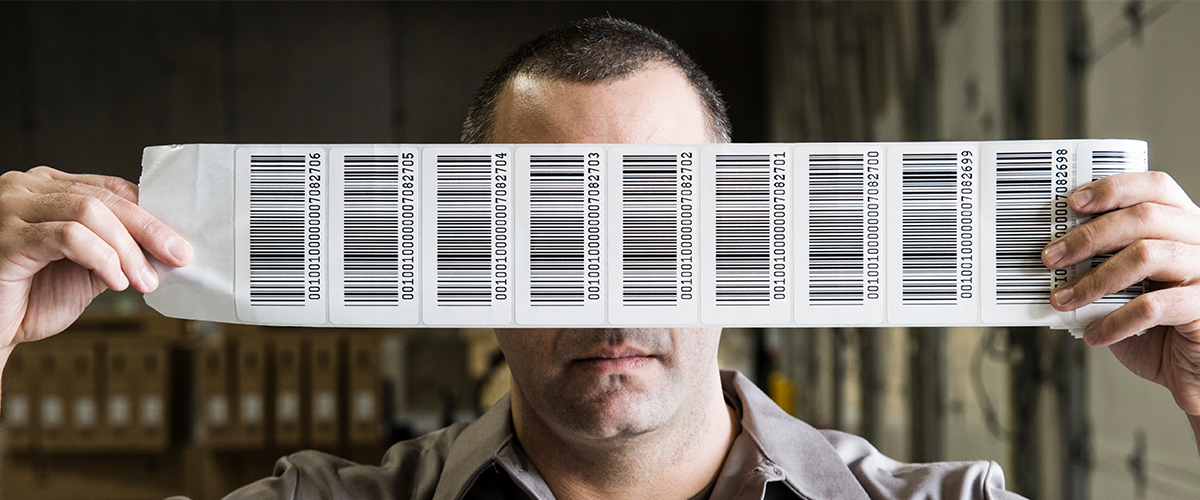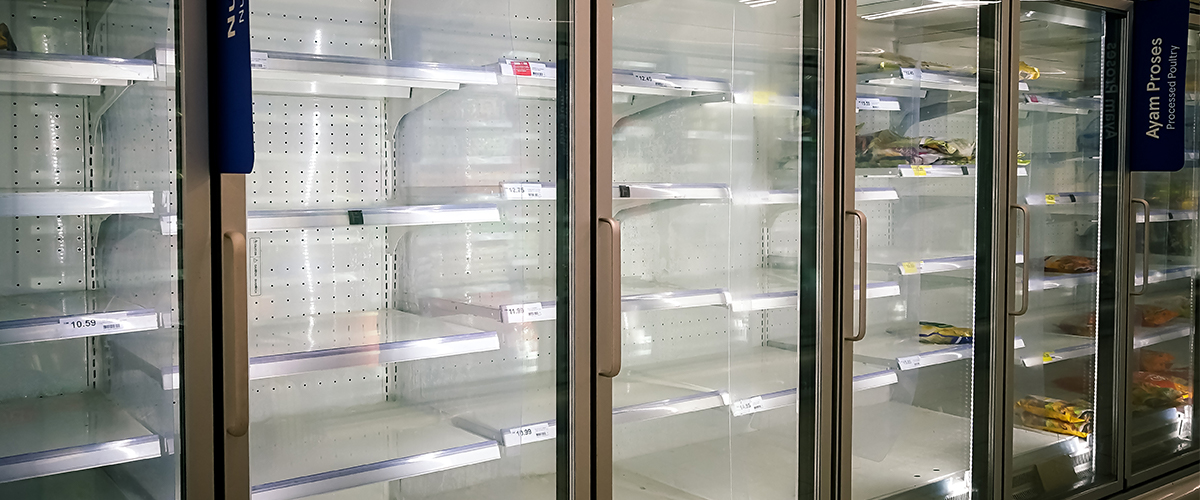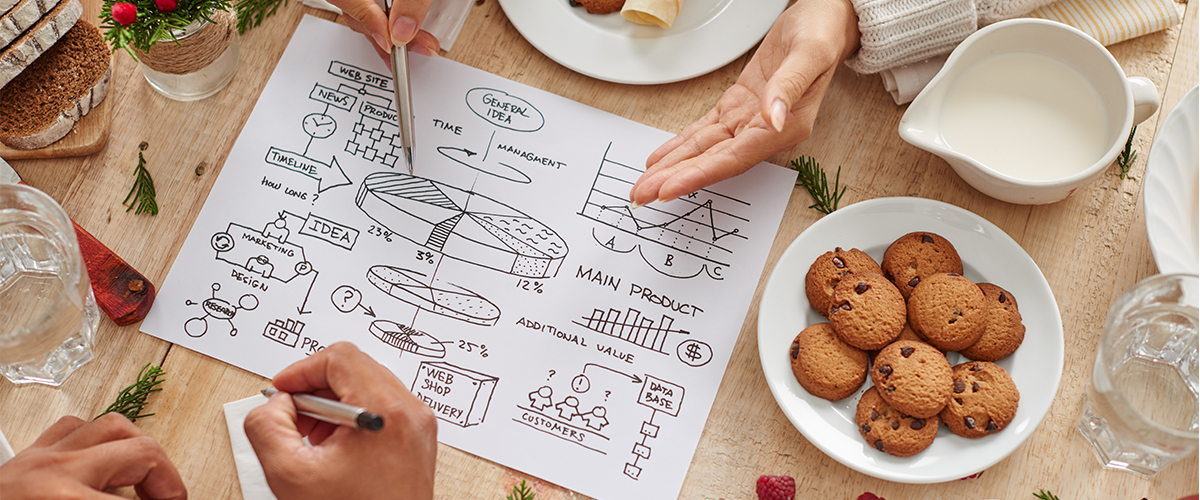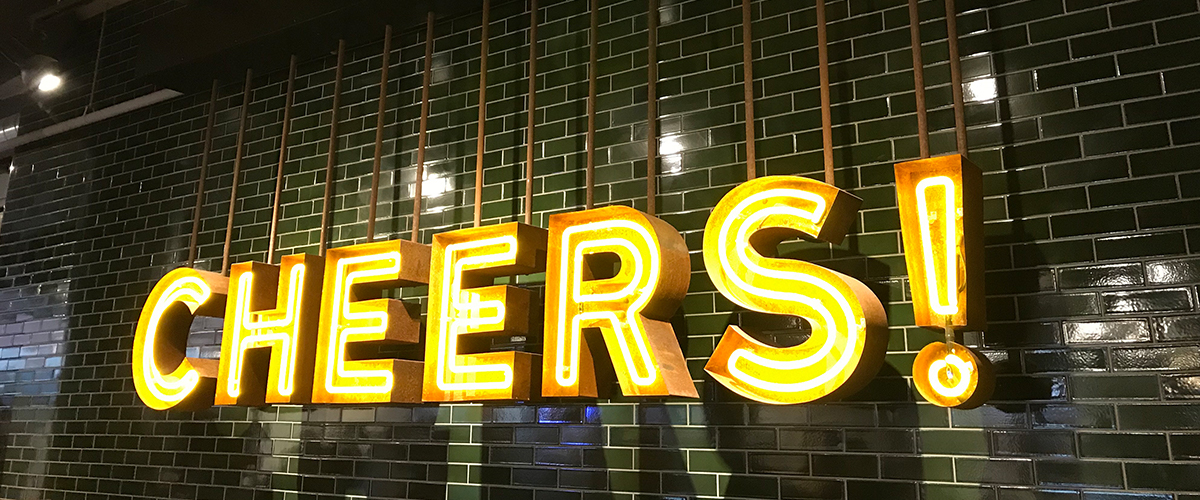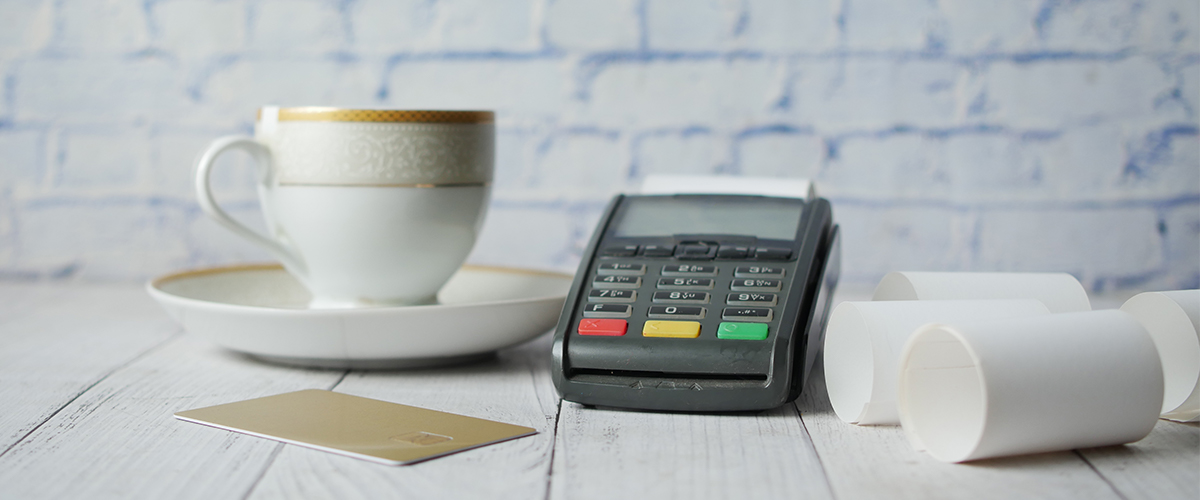A License Assett
Restaurants generally do not profit from offering food alone because restaurant overhead is usually relatively high. But the one place where there is money to be made in the restaurant business is by serving alcohol. The average profit from selling alcohol in a restaurant is about 30-55%, but it is much higher in inner cities and can be as high as 80% on the ritzy side of town. Alcohol is also a major draw for customers; people will go out of their way to dine at restaurants that serve alcohol.

Let’s Make A Lot Of Money In Hospitality
Profit and popularity are common reasons why most restaurant owners will apply for a liquor license. But obtaining a liquor license is not simple. It can be a significant ordeal as you must deal with government laws, regulations, and bureaucracy. If you are planning to open a restaurant and obtain a liquor license, here are a few things you should know:
- You can only sell alcohol after you get your liquor license. If you sell alcohol without a liquor license, rest assured it is illegal, and if convicted, it is doubtful that you will get that permit in the near future. Selling alcohol without a liquor license is a crime that will result in monetary penalties and even incarceration.
- Every state has its own liquor license laws; in some states, it is easy to obtain a liquor license, like in Maine and North Dakota, but in other states, like California, New York, and Florida, it can be a significant hassle. In addition, fees may also vary from state to state.
- If you plan to buy or build a restaurant and want to serve alcohol, we recommend you start applying at least 3-6 months before the restaurant opens.
- Even though getting a liquor license is difficult, it will be worth it in the end. A significant number of your restaurant’s customers drink alcohol, and profits from the sale of alcohol are very high.
Regulations That Come With A Liquor License
- Your liquor license will come with at least a dozen rules and regulations that may include the following:
- The type of alcohol you can sell
- The amount of alcohol you can sell
- The age of your customers
- When and where can you sell alcohol
- Whether you can serve alcohol or allow it to be purchased for customers to take it home
- How much alcohol can you serve
- The size of the containers
- The cost of alcohol
- Which vendors do you buy alcohol from
Other Liquor License Nuances
Each state has many other liquor laws throughout the U.S. that apply to bars, clubs, restaurants, and taverns. These nuances include the following:
- You can serve the customer only one drink at a time.
- You may not be allowed to offer discounts on liquor during happy hour, like two for one special.
- Any leftover alcohol in bottles cannot be taken home by the owner or the staff.
- No wholesale liquor provider can legally sell alcohol to establishments that do not possess a valid liquor license.
- If you do not have a liquor license and there is an alcohol-related liability claim against the business, the insurer has the right to refuse the claim.

Types of Liquor Licenses
No universal liquor license is available for restaurants, bars, and clubs. In every state, several different types of liquor licenses apply to various businesses.
- First, you need to know what an on-license is and an off-license. The on-license will allow you to sell alcohol on the business premises, whereas the off-license is for taking out alcohol from a liquor store or supermarket. Bars, restaurants, and clubs require an on-site license since customers will be drinking alcohol on-site.
Different Classes Of Licenses
Asides from the on-site and off-site licenses, there are also different classes of liquor licenses. Each state has its own categories of permits, but the most common type includes the following:
- Restaurant license
- Tavern license
- A beer and wine license
There are also different licenses for distilleries and breweries that make and serve alcohol, retail establishments, clubs, etc. You have to check with your state’s liquor board about what type of license you will need. When you speak to someone – always keep a record of your conversations; because of the different types of licenses, you can easily be told the wrong thing and later face the wrath of the legal system.
- A Tavern license is required to sell liquor in a pub, bar, or tavern. This particular license is for businesses that sell alcohol as the primary source of business.
- A beer and Wine License is for establishments that serve alcohol with food. This license is limited to wine and beer and not hard liquor.
- A Restaurant License will permit the business to sell all types of alcohol. But some states have a cap on the percentage of profit restaurants can make from selling alcohol.

What Is The Cost Of A Liquor License?
The liquor license cost depends on which state you reside in and the type of liquor license you want. The price of the license varies from $250 to $70,000. In addition, in some states, additional fees must be paid to the local, state, and federal agencies.
Features that affect the cost of the liquor license:
- Many states have a quota on the number of liquor licenses awarded to businesses; in these states, the cost of the license is high
- The number of licenses awarded depends on the population size; if the population is small, getting a new license is difficult if other businesses already have a liquor permit.
- In states with license quotas, liquor license sales are uncommon. Anecdotal reports indicate that these licenses can be sold on the market and come with a six-figure cost or even a million dollars.
Applying For A Liquor License in Your State
- First, you need to contact the State’s Alcohol and Beverage Control (ABC) board or the liquor licensing agency. Ask them what type of documents you need to submit and the fee.
- The application has to be mailed in along with any supporting documents. Some states do offer online services, but they charge you an extra fee.
- You must be at least 21 years of age to apply for a liquor license.
- Wait for approval, which may take up to 6 months.
- If the application is approved, you will need to pay the full fee, but you can arrange a payment plan if the cost is tens of thousands of dollars.

- Read all the rules and regulations that come with your liquor license. Many businesses lose their licenses yearly because they neglect to heed the rules.
- In most states, liquor licenses renew every 1-2 years. The renewal process is much faster, but it also comes with a fee, but it is lower than the initial application fee.
- If you permit your customers to bring their own liquor, you should first check with the licensing board if you need a particular type of permit. In most cases, you do not. But there may be limitations in the type and quantity of alcohol the customer can bring. However, if you allow customers to BYO alcohol, it is highly recommended to obtain liability insurance.
Liquor License Requirements
Each state has its own requirements when you apply for a liquor license. You will need the following documents:
- Provide proof that your establishment is legitimate
- Business License
- Sales tax permit
- Alcohol tax permit
- Building permit
- Food handler’s permit
- Tax ID
- Zoning permit
- Health Permit
- Signage Permit
In addition, many states will also require personal information, including any legal problems in the past, past convictions, felonies, or incarceration. In many cases, your past conduct may prevent you from getting a liquor license.
No matter which state you apply for a liquor license in, the processing time on your application could be up to 6 months. If you are planning to open a restaurant or a bar, it is wise to apply as early as possible. In states with quotas, the application can take even longer as you may have to wait until another establishment loses its license, or you can buy one from a closing business.
After the application is submitted, it must be reviewed and approved by the local city council. The public is permitted to attend liquor license application meetings and offer their opinions.

Can I Lose My Liquor License?
Yes, losing a liquor license is very common because business owners do not follow the rules, cut corners, or favor friends and family. The most common reason why an establishment loses the liquor license is serving alcohol to a minor. Another common reason is overserving alcohol which then results in an accident.
Train Your Staff
Once you get your liquor license, you’ll want to keep it. This means you also need to train and educate your staff. We recommend checking out the TIPS training course to teach them how to serve alcohol responsibly and manage drunk customers.

Check The I.D.s
The onus is on the staff to check the I.D.s of customers. They do not want to judge age by facial features alone. Always make it a habit of asking for an I.D. with all of your younger customers. Your business has a lot at stake, and you should make no compromise. If customers refuse to supply an I.D., do not serve them alcohol. As a side note, some patrons will even report you if you provide alcohol to minors. In addition, it is not unheard of that you will receive a visit from someone at your licensing board to see who is breaking and following all the local laws.
No Drinking By Staff
In most states, it is illegal for staff to drink while on the job. And no matter what the occasion or event, your team should not be allowed to drink while working.
Alcohol Serving Areas
When you obtain your liquor license, ask your grantor where you can serve alcohol beside the main restaurant. For example, if you build a patio, or a deck or modify the sidewalk and then start to serve alcohol in those areas, you may be in breach unless your license explicitly states that you can make such additions.
Intoxicated Customers
Your staff should be able to tell when a customer is intoxicated. In every state, some laws state that you should not serve any more alcohol to an intoxicated patron- or you can lose your license, primarily if the drunk customer drives home and gets into an accident that kills or injures someone.
Third-Party Liability
Your bartender or server is legally liable if they permit a drunk customer to drive home. If your customer is drunk, the server or the bartender should either take away their car keys or call a taxi. In some cases, you may need to call the police if the drunk customer insists on driving home. If the drunk driver is allowed to go and causes an accident that results in damage and injury, the establishment can be held liable.
Rowdy Customers
If you have a club or bar frequently associated with drunk and rowdy customers who disturb the peace and are involved in violence or property damage, then your license can be revoked.
Documentation
All establishments serving alcohol must keep proper records, such as when customers bought a drink, who helped them, and how much was consumed. Audits are performed by the liquor commission to ensure that you are not purchasing illegal alcohol or from unauthorized vendors.

Crime
If you commit a crime while running an establishment serving alcohol, your liquor license can be in jeopardy. If the offense is a felony and you are convicted, then rest assured your license will be reviewed or revoked. The type of felony crime and whether it is related to the establishment or not does matter.
Links to Liquor Licensing Board in Each State
- Alabama: (Control State) Alabama Alcoholic Beverage Control Board
- Alaska: Alcohol & Marijuana Control Office
- Arizona: Arizona Department of Liquor Licenses and Control
- Arkansas: Alcohol Beverage Control
- California:
- Colorado: Colorado Department of Revenue-Liquor Enforcement Division
- Connecticut: Connecticut Department of Consumer Protection
- Delaware: Office of the Alcoholic Beverage Control Commissioner
- District of Columbia: Alcoholic Beverage Regulation Administration
- Florida: Division of Alcoholic Beverages & Tobacco
- Georgia: Georgia Department of Revenue Alcohol & Tobacco Tax Division
- Hawaii:
- Honolulu: Liquor Commission City and County of Honolulu
- Hawaii: Department of Liquor Control County of Hawaii
- Kauai: Department of Liquor Control County of Kauai
- Maui: Department of Liquor Control
- Idaho: (Control State)
- Idaho State Liquor Dispensary (handles pricing, distribution, selection, and location of packaged liquor stores)
- Alcohol Beverage Control Bureau (enforces distilled spirits laws)
- Illinois: Illinois Liquor Control Commission
- Indiana: Alcohol and Tobacco Commission
- Iowa: (Control State) Iowa Alcoholic Beverages Division
- Kansas: Kansas Department of Revenue Alcohol Beverage Control
- Kentucky: Kentucky Alcoholic Beverage Control Department
- Louisiana: Louisiana Department of Revenue Alcohol and Tobacco Control Office
- Maine: (Control State) Bureau of Alcoholic Beverages and Lottery Operations
- Maryland:
- Maryland Field Enforcement Division
- Montgomery County Alcohol Beverage Services
- Worcester County Liquor Control Board
- Massachusetts: Alcoholic Beverages Control Commission
- Michigan: (Control State) Michigan Liquor Control Commission
- Minnesota: Minnesota Department of Public Safety Alcohol and Gambling Enforcement Division
- Mississippi: (Control State) Alcoholic Beverage Control Office
- Missouri: Division of Alcohol and Tobacco Control
- Montana: Montana Liquor License Bureau
- Nebraska:
- New Hamshire: New Hampshire State Liquor Commission
- New Jersey: New Jersey Department of Law and Public Safety Division of Alcoholic Beverage Control
- New Mexico: New Mexico Regulation & Licensing Department
- New York: New York State Liquor Authority Division of Alcoholic Beverage Control
- North Carolina: North Carolina Alcoholic Beverage Control Commission
- North Dakota: North Dakota Office of the State Tax Commissioner
- Ohio:
- Oklahoma:
- Oregon: Oregon Liquor Control Commission
- Pennsyvania: Pennsylvania Liquor Control Board
- Rhode Island:
- Division of Commercial Licensing and Regulation Liquor Enforcement and Compliance
- Rhode Island Agencies List
South Carolina: South Carolina Department of Revenue & Taxation
South Dakota: South Dakota Department of Revenue (Division of Special Taxes)
Tennessee: Tennessee Alcoholic Beverage Commission
Texas: Texas Alcoholic Beverage Commission
Utah: Utah Department of Alcoholic Beverage Control
Vermont: Vermont Department of Liquor and Lottery
Virginia: Virginia Alcoholic Beverage Control Authority
Washington:
- Washington Business License Services
- Washington State Liquor and Cannabis Board
West Virginia: West Virginia Alcohol Beverage Control Commission Enforcement & Licensing Division
Wisconsin: Wisconsin Alcohol & Tobacco Enforcement
Wyoming: Wyoming Liquor Commission

Conclusion
While a liquor license can significantly boost your profits, it does come with many rules and regulations. If you want to maintain your license, the best advice is to train your staff and regularly perform random audits of your team. Because once you lose your license for whatever reason, it is unlikely you will get it back, and even if you do, it will come at an enormous financial cost.
